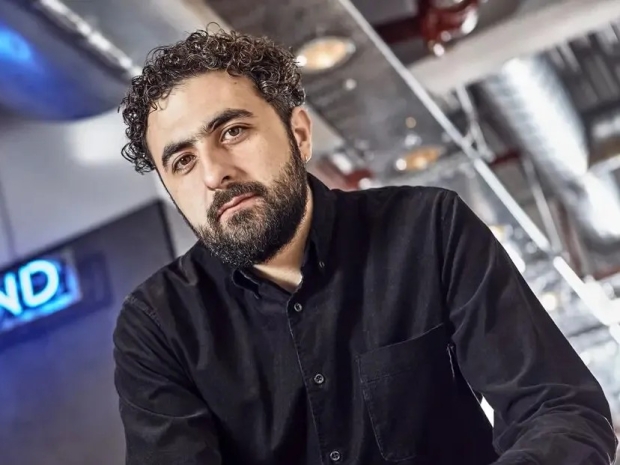Microsoft AI’s chief executive, Mustafa Suleyman, has been put in charge of a new outfit called the MAI Superintelligence Team, which he claims will build artificial minds cleverer than people, but with proper human guardrails.
In a blog and interview, Suleyman banged on about creating a glorious new world where Vole isn’t dependent on OpenAI, despite having its tech shoved into nearly every product from Outlook to Excel. He insisted his crew would focus on human-aligned systems that don’t wander off into Skynet territory.
Suleyman said: “AI is going to become more humanlike, but it won’t have the property of experiencing suffering or pain itself, and we shouldn’t over-empathise with it.”
"We want to create types of systems that are aligned to human values by default. That means they are not designed to exceed and escape human control.”
Suleyman’s new department is meant to develop tools that actually help people, from diagnosing disease better than doctors to finding new sources of clean energy. He even claimed an internal
Microsoft's test showed an AI system diagnosing illness four times more accurately than a bunch of real doctors, and at a fraction of the cost.
The company has already rolled out an AI partnership with Harvard Health to make Copilot offer more trustworthy answers and help users find doctors by language or location. Healthcare, he said, is where Microsoft’s superintelligence will show its first real impact.
While he was full of praise for OpenAI’s work, Suleyman made it clear he’s not into the trend of treating chatbots like moody teenagers.
“AI chatbots shouldn’t trick people into thinking they are having conversations with sentient beings,” he said.
He was also careful to distance his team from AI projects that cross into ethically sticky territory, such as simulating erotica. Unlike OpenAI and Meta’s superintelligence divisions, Suleyman’s group will supposedly keep things wholesome.
Microsoft still has access to OpenAI’s models until 2032, which gives Suleyman a few years to get his crew up to scratch. The firm’s latest contract gives it a 27 per cent stake in OpenAI’s new public-benefit company and the right to chase artificial general intelligence, the mythical as-smart-as-humans goal, on its own.
Suleyman joined Microsoft in 2024 after leaving Google’s DeepMind, which he co-founded. A handful of DeepMind veterans have joined him in Redmond to work on this new superintelligence mission.
Meanwhile, OpenAI is busy building its own data centres and getting cosy with Amazon and Oracle. Its enterprise arm now makes up about 40 per cent of its revenue, up from 30 per cent earlier this year.
Inside Microsoft, not everyone is convinced this AI divorce will be quick. Some staff reportedly reckon swapping OpenAI’s tech out of the Copilot systems could take years. But that hasn’t stopped the company’s leadership from promising the cocaine nose jobs of Wall Street that Redmond is on track to control its own AI destiny again.




